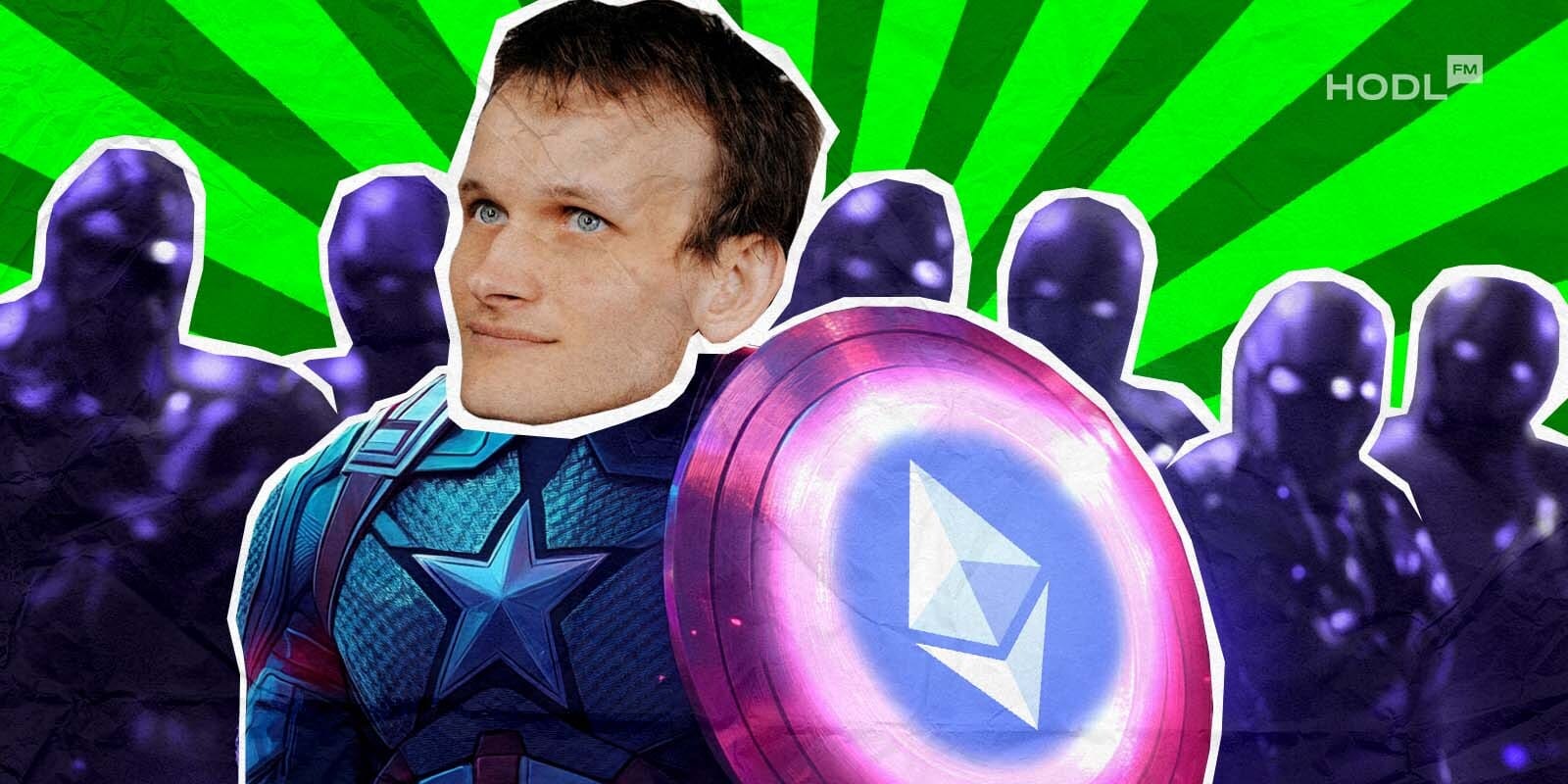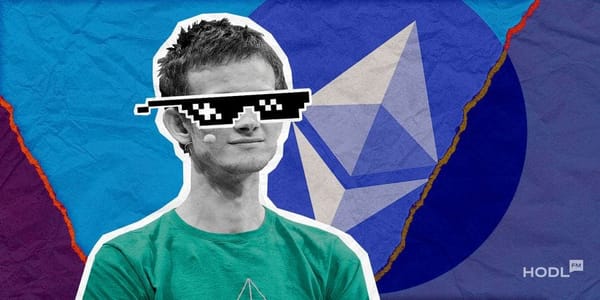Ethereum co-founder Vitalik Buterin has made a bold proposal to reduce the minimum staking requirement on the Ethereum network.
In an October 3 post on X (formerly Twitter), Buterin suggested lowering the current threshold from 32 ETH to 16 or even 24 ETH. He claims this would help increase participation and decentralization, as centralization concerns grow due to a few large staking providers dominating the landscape.
Vitalik Open To Lowering The Solo Staking Requirement From 32 ETH To 1 ETH
— The Wolf Of All Streets (@scottmelker) October 3, 2024
Vitalik advocates for lowering the minimum ETH deposit for solo staking, currently set at 32 ETH.
He believes that reducing this requirement would enhance decentralization and security on the Ethereum… pic.twitter.com/E7ISvj9Egj
Let’s break down the key points:
- Buterin’s proposal suggests reducing Ethereum's staking requirement from 32 ETH to 16 or 24 ETH to encourage broader participation.
- Currently, about 48% of Ethereum staking is controlled by just 11 firms, leading to worries about centralization.
- Buterin believes that the 32 ETH requirement is more of a barrier than a bandwidth necessity.
- He envisions a future where the minimum staking requirement could drop to just 1 ETH, depending on improvements to Ethereum's infrastructure.
- Community members, like educator Anthony Sassano, stress the importance of solo stakers for maintaining true decentralization.
In his post, Buterin emphasized that the current 32 ETH threshold serves more as a hindrance than a necessary limit for bandwidth. He remarked, "There’s a version of this where we recognize that 32 ETH is much more of a barrier than a bandwidth requirement." Lowering this deposit amount, Buterin argued, would invite more solo stakers into the network, a vital step to preserving Ethereum’s security and decentralization.
I think there's a sane version of this where we recognize that 32 ETH is much more of a barrier than bandwidth reqs, and temporarily do a trade where we up the bandwidth reqs a bit and in exchange drop the staking deposit minimum to eg. 16 or 24 ETH.
— vitalik.eth (@VitalikButerin) October 3, 2024
It's net-good for both…
Today, a handful of entities dominate the staking scene, with 11 firms controlling about 48% of Ethereum staking. Among them, Lido stands out, managing around 24%. This concentration has raised fears about centralization, prompting the community to explore solutions.
Buterin’s vision extends beyond the immediate future. He proposed the possibility of lowering the staking requirement to as little as 1 ETH if Ethereum’s infrastructure sees significant advancements. Technologies like PeerDAS and OrbitSSF could improve data availability sampling, making it feasible for more individuals to participate in staking without relying on third-party platforms or pools.
Community figures have weighed in on the proposal. Ethereum educator Anthony Sassano, for instance, highlighted the importance of solo stakers in maintaining the network’s decentralization. He pointed out, "Without solo staking (and the ability to run full nodes at home), we lose the only thing that’s worth anything real in this ecosystem—true decentralization." His statement resonates with a growing sentiment in the community that centralization poses long-term risks to Ethereum’s core values.
The main reason I was initially so interested in Ethereum all those years ago was because of Ethereum's planned move to a Proof of Stake mechanism where people could stake from home.
— sassal.eth/acc 🦇🔊 (@sassal0x) October 2, 2024
Fast forward a few years and I was setting up my own solo validator to be ready for the December…
The push to reduce staking requirements aligns with broader trends in the cryptocurrency world, where inclusivity and decentralization are top priorities. Ethereum enthusiasts recognize that making the network more accessible could fuel innovation and strengthen its resilience.
Buterin’s proposal has sparked significant online discussion. Across social media, many have expressed support for lowering staking requirements. Popular crypto analyst, Wendy O, tweeted, “I think it’s wonderful and financially inclusive like holding a fraction of a bitcoin,” reflecting the growing consensus within the Ethereum community that it’s time to remove barriers and broaden access to staking.

Disclaimer: All materials on this site are for informational purposes only. None of the material should be interpreted as investment advice. Please note that despite the nature of much of the material created and hosted on this website, HODL FM is not a financial reference resource and the opinions of authors and other contributors are their own and should not be taken as financial advice. If you require advice of this sort, HODL FM strongly recommends contacting a qualified industry professional.





